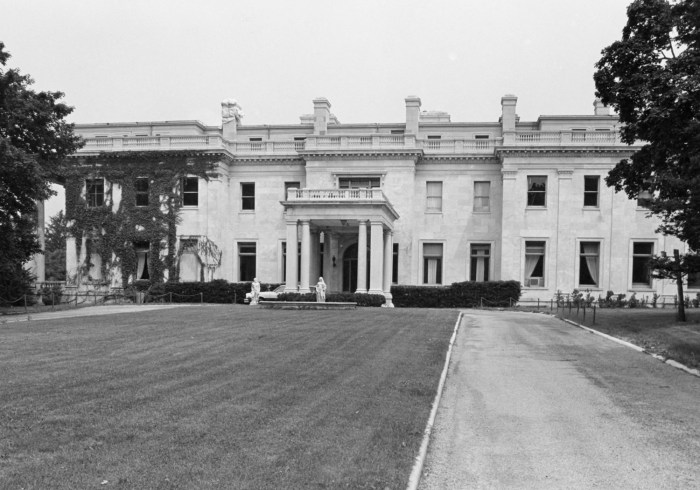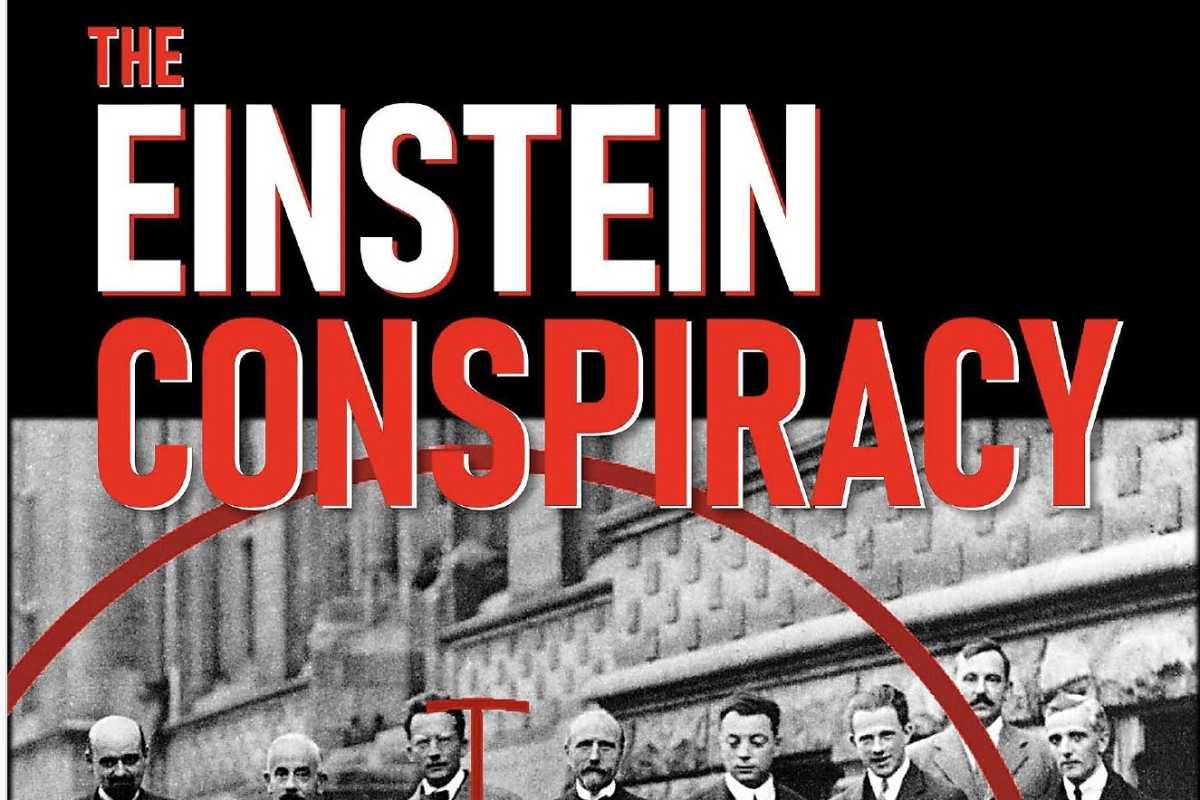When Allyson Reedy set out to reimagine “The Great Gatsby” from the viewpoint of one of its most overlooked characters, she wasn’t trying to rewrite F. Scott Fitzgerald’s masterpiece. Instead, she wanted to give voice to someone who, for nearly a century, existed on the margins of American literature.
Her new novel, “Mrs. Wilson’s Affair,” is a bold retelling of “The Great Gatsby” through the eyes of Myrtle Wilson—Tom Buchanan’s doomed mistress, whose life and death are pivotal yet fleeting in the original story.
“At some point along the line, in one of those many, many rereadings of it, I was like, gosh, Myrtle kind of got a bad deal,” Reedy said. “He took so much care in all of these other characters, and Myrtle was just so kind of one-dimensional to me. She’s just this money-grubbing, social-climbing mistress and there wasn’t really much more to her than he gave her. And I don’t know, I just started building out her story in my mind.”
That curiosity evolved into a fully realized novel, one that parallels Fitzgerald’s original narrative while expanding the emotional landscape of the “Valley of Ashes.” Reedy’s “Mrs. Wilson’s Affair” doesn’t attempt to glamorize Myrtle but to humanize her—to explore her motivations, disappointments and desires in a world where class and gender dictate everything.
“I think ultimately, it’s a book about a marriage,” Reedy said. “It’s a relationship book. It’s a book about long-term love. It’s very different than Gatsby, because it’s a woman’s perspective and it’s also the lower-class woman’s perspective.”
Reedy, a Denver-based fiction writer and food journalist whose work has appeared in “The Denver Post,” “Bon Appétit” and “5280,” is no stranger to storytelling. Her previous works include cookbooks such as “50 Things to Bake Before You Die” and “The Phone Eats First.” But this latest project, she said, came from a deeply personal place.
“I wrote this during my divorce and it was like my therapy,” she said. “It’s not a labor of love—it’s a book of heartbreak—but turning that into something that was really fulfilling for me, and really helpful to me personally, and then the fact that other people saw its value and wanted to get it out there, that’s really exciting.”

The idea of fan fiction—literary reinterpretations of classic works—has evolved far beyond the realm of internet blogs. Reedy acknowledges that her book falls into that category, though she didn’t initially think of it that way.
“I didn’t think about that, and then at some point I’m like, well, that’s kind of what it is,” she said. “It’s interesting that that has kind of taken on a life of its own, that fan fiction has evolved. People are doing some really excellent things. So yeah, I guess this is Gatsby fan fiction.”
In crafting “Mrs. Wilson’s Affair,” Reedy worked to stay faithful to Fitzgerald’s tone and dialogue while still reimagining Myrtle as a more complex character.
“I tried to be very true to the original dialogue and the original story,” she said. “I think Myrtle is really only speaking in like three scenes in the entire Gatsby, right? She’s nowhere in the background. But I took dialogue from those scenes, especially at the apartment; she’s not nice in that dialogue. She’s not nice to George. But I still wanted to use it. I wanted to keep my version of her and that version of her and merge them.”
That balance—between reverence for the source material and the need to create something new—proved one of the hardest parts of writing the novel.
“I have more sympathy for my Myrtle than Fitzgerald had for his,” Reedy said. “So, keeping that original Gatsby dialogue and integrating it into the character I had created, I would say that was the most difficult part.”
What came easiest, she said, was imagining Myrtle’s life before she became the woman readers met in “The Great Gatsby.”
“Her story, like the whole one of my favorite chapters, is toward the end of “Mrs. Wilson’s Affair,” where we see how she first met George,” Reedy said. “Her whole story outside of Gatsby, I would say, is what came easiest to me—creating the background for her.”
While Reedy’s love for Fitzgerald’s writing began in high school, “The Great Gatsby” has followed her through every stage of life. Reedy estimates she owns 52 different copies of the story.
Early readers have responded to “Mrs. Wilson’s Affair” as a fresh and feminist interpretation of a familiar story.
“People seem to be excited about just this different, kind of feminist take on ‘The Great Gatsby,’” Reedy said. “I think Myrtle may have appealed to me later on because she’s not flashy. When we’re younger, we probably gravitate toward Gatsby or Daisy. But as I got older, the non-glamorous characters are the ones I was wondering about.”
For readers who loved “The Paris Wife” by Paula McLain—a novel that similarly explores the life of Hadley Richardson, Earnest Hemingway’s first wife–will find that her book is recognizable, Reedy said.“It’s very different than Gatsby,” she said. “If you like historical fiction, women’s fiction books I think that would be a good comparison.”
Ultimately, “Mrs. Wilson’s Affair” invites readers to re-examine a classic through a new lens—one that spotlights the human beneath the archetype.
“Myrtle battles with herself and the forces that keep her boxed in,” Reedy said. “She experiments with what little power she has over the men in her life. And I think, in that way, she’s more relevant than ever.”
































